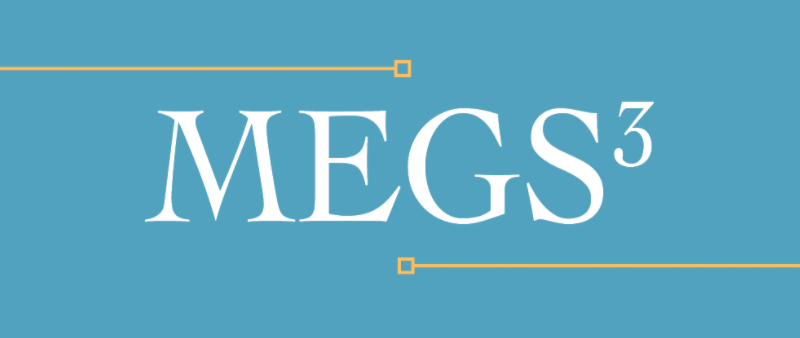
Understanding Materials at Extreme Conditions
Graduate students from a range of disciplines (Physics, Chemistry, Materials Science, Mechanical Engineering, and Geo/Planetary Science) have a unique opportunity to study the response of materials at extreme conditions with the internationally renowned scientists at Washington State University (WSU).
Working within their respective academic departments, graduate students conduct their PhD research in the Institute for Shock Physics (ISP), which provides tremendous learning and research opportunities through:
- Participation in innovative and multidisciplinary research
- Professional growth through independent thinking and hands-on work
- State-of-the-art experimental and computational facilities, including the Dynamic Compression Sector located at the Advanced Photon Source (Argonne, IL)
- Partnerships with exceptional faculty at other academic institutions (Caltech, Princeton, and Stanford)
- Access to the Department of Energy National Laboratories: Lawrence Livermore, Los Alamos, and Sandia
One of ISP’s principal accomplishments is well-educated and rigorously trained scientists who have moved on to successful professional careers and become leaders in the field.
Scholarships and financial support available for outstanding students.
For more information about the Graduate Studies Program at the Institute, visit: http://shock.wsu.edu/education/. For more information about ISP and DCS, visit: www.shock.wsu.edu or www.dcs-aps.wsu.edu.
For questions, please email shockphysics@wsu.edu.
Institute for Shock Physics
Washington State University
